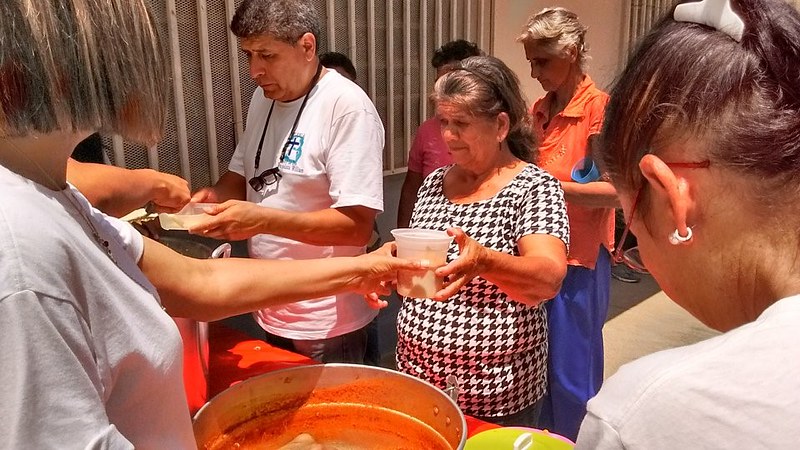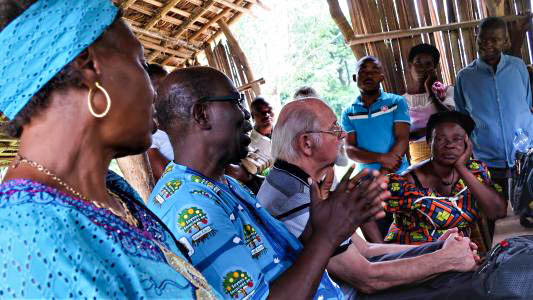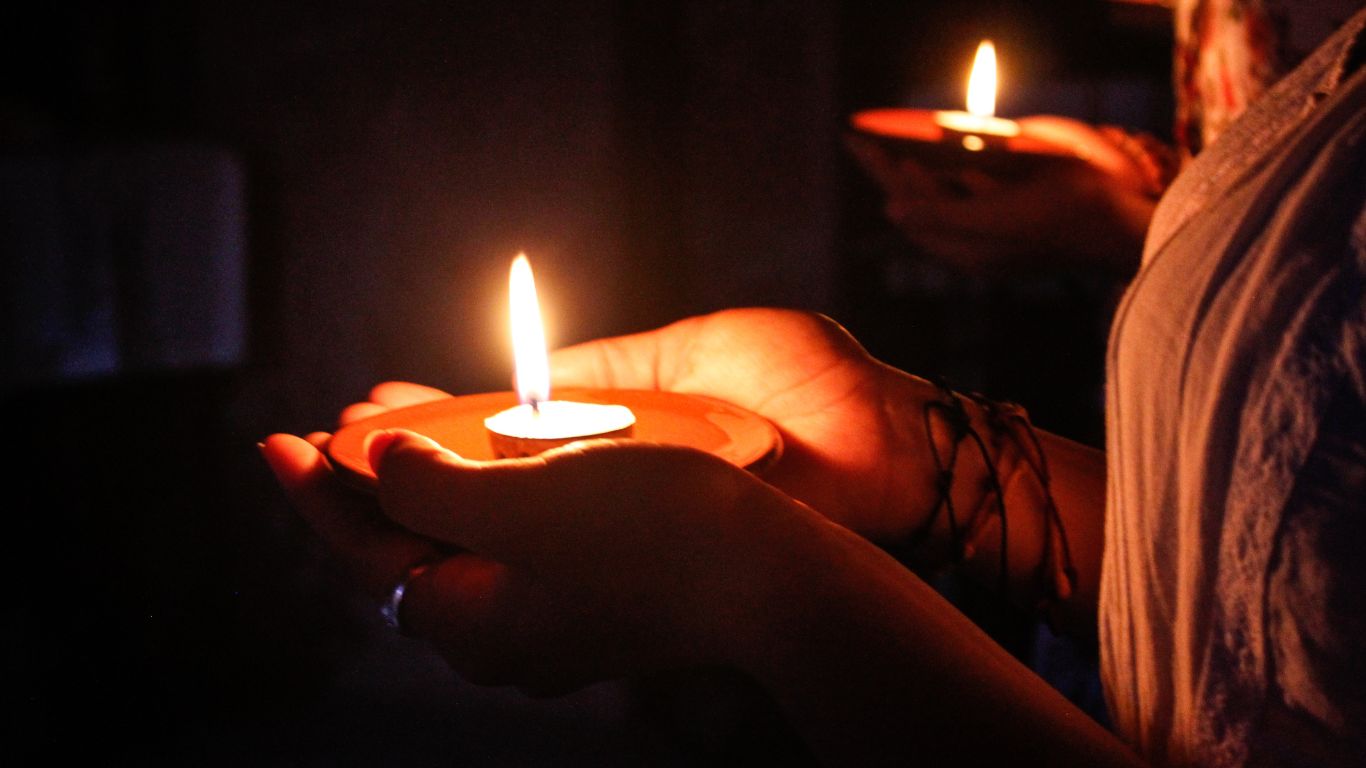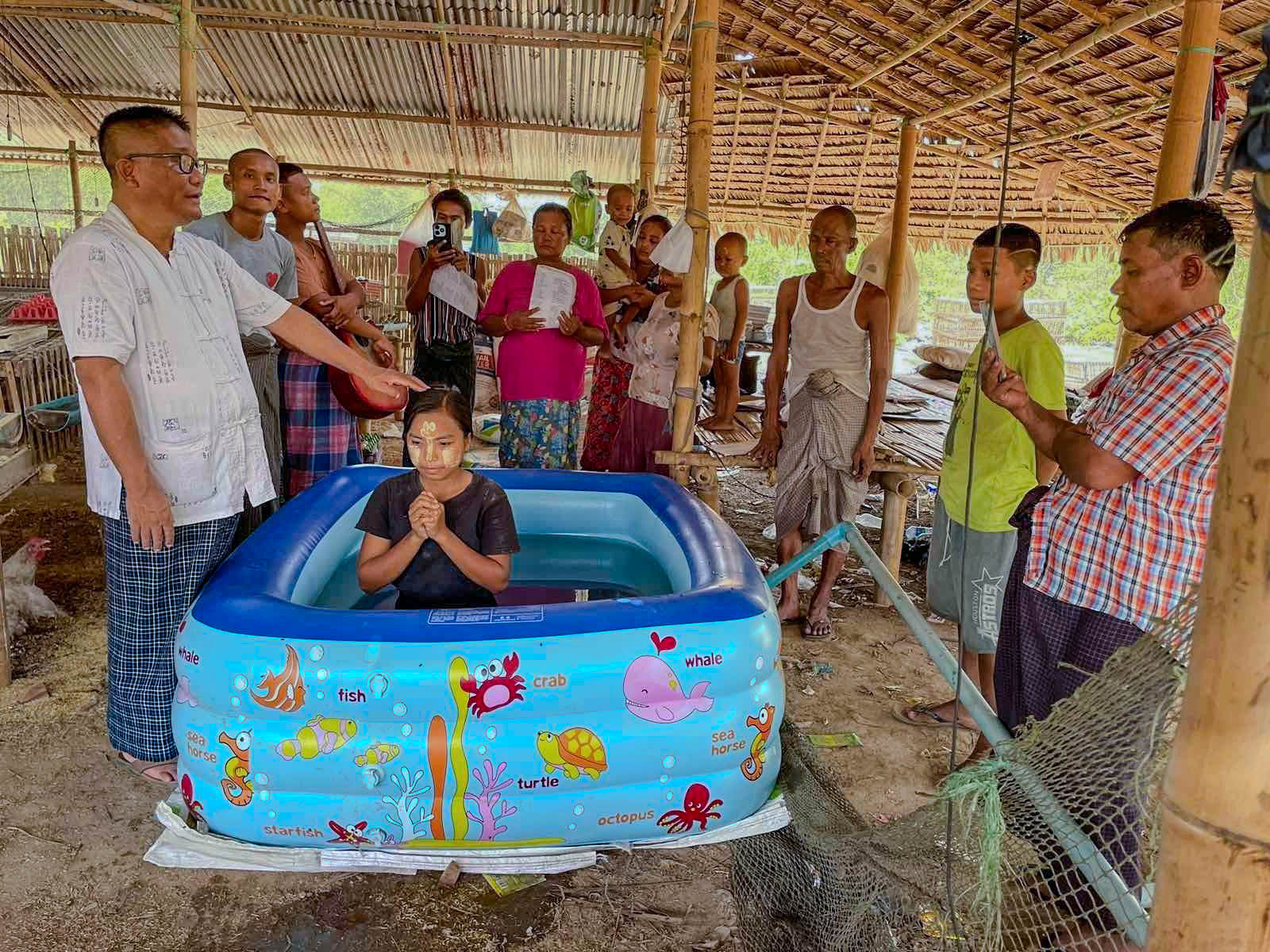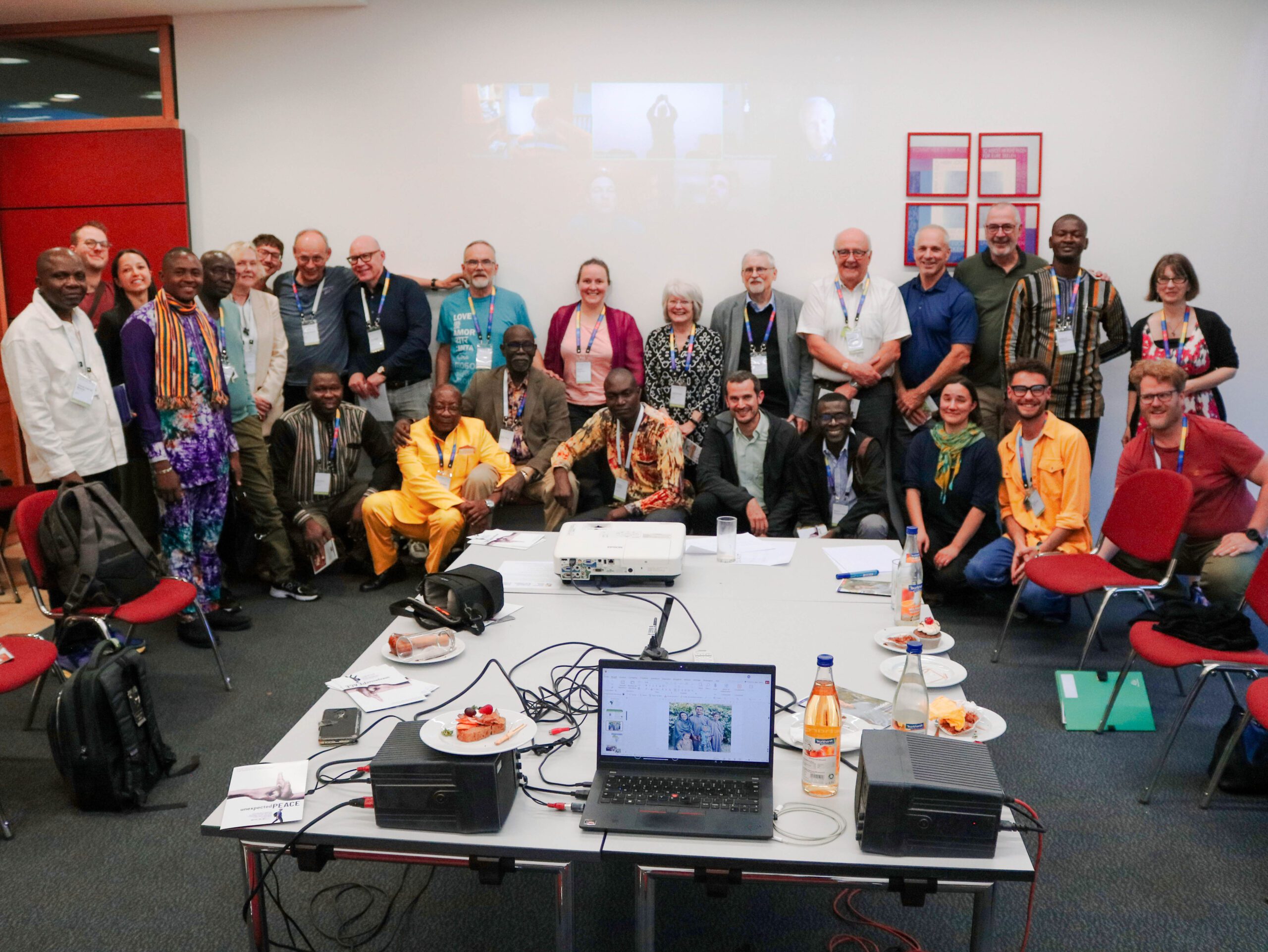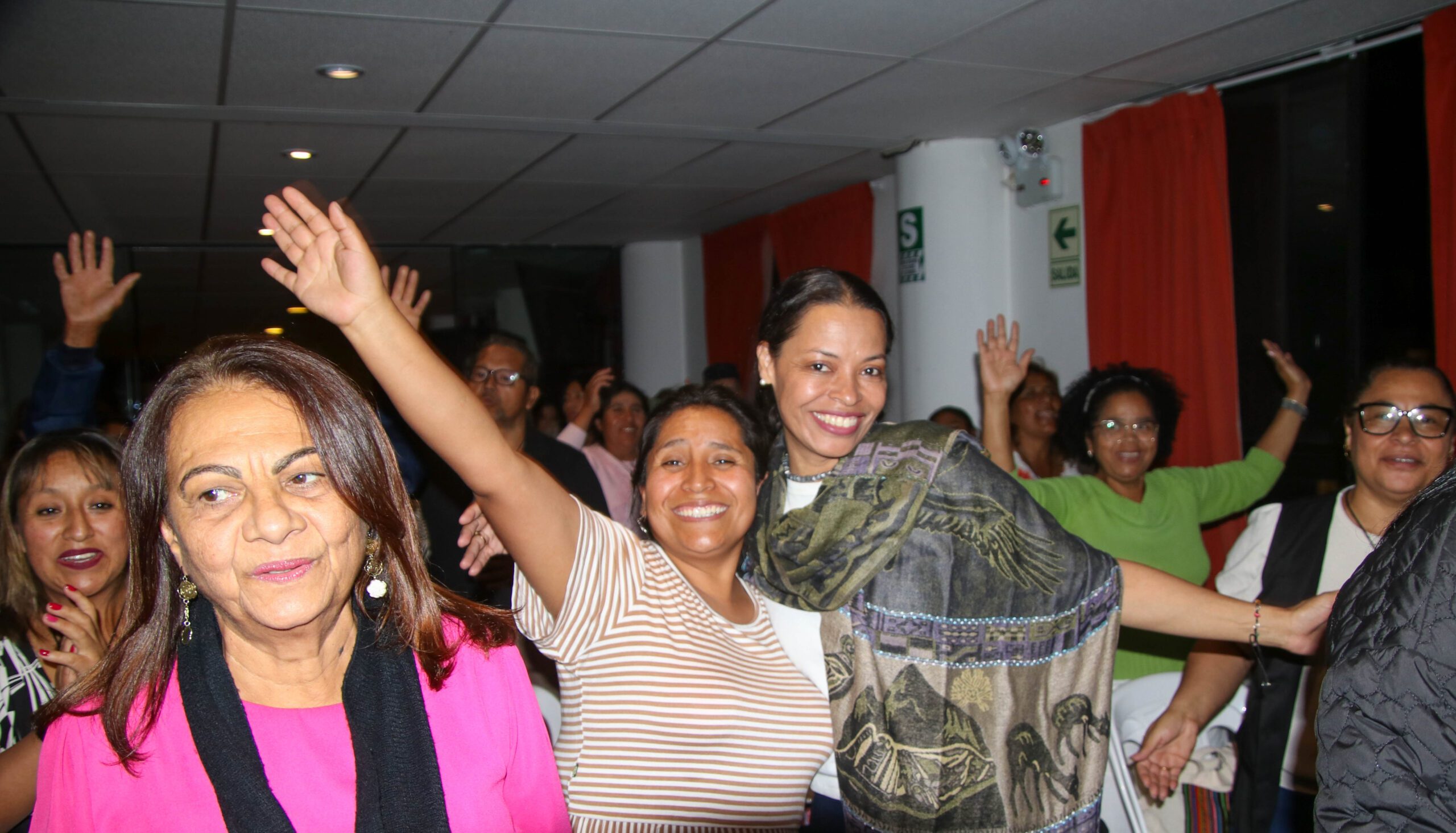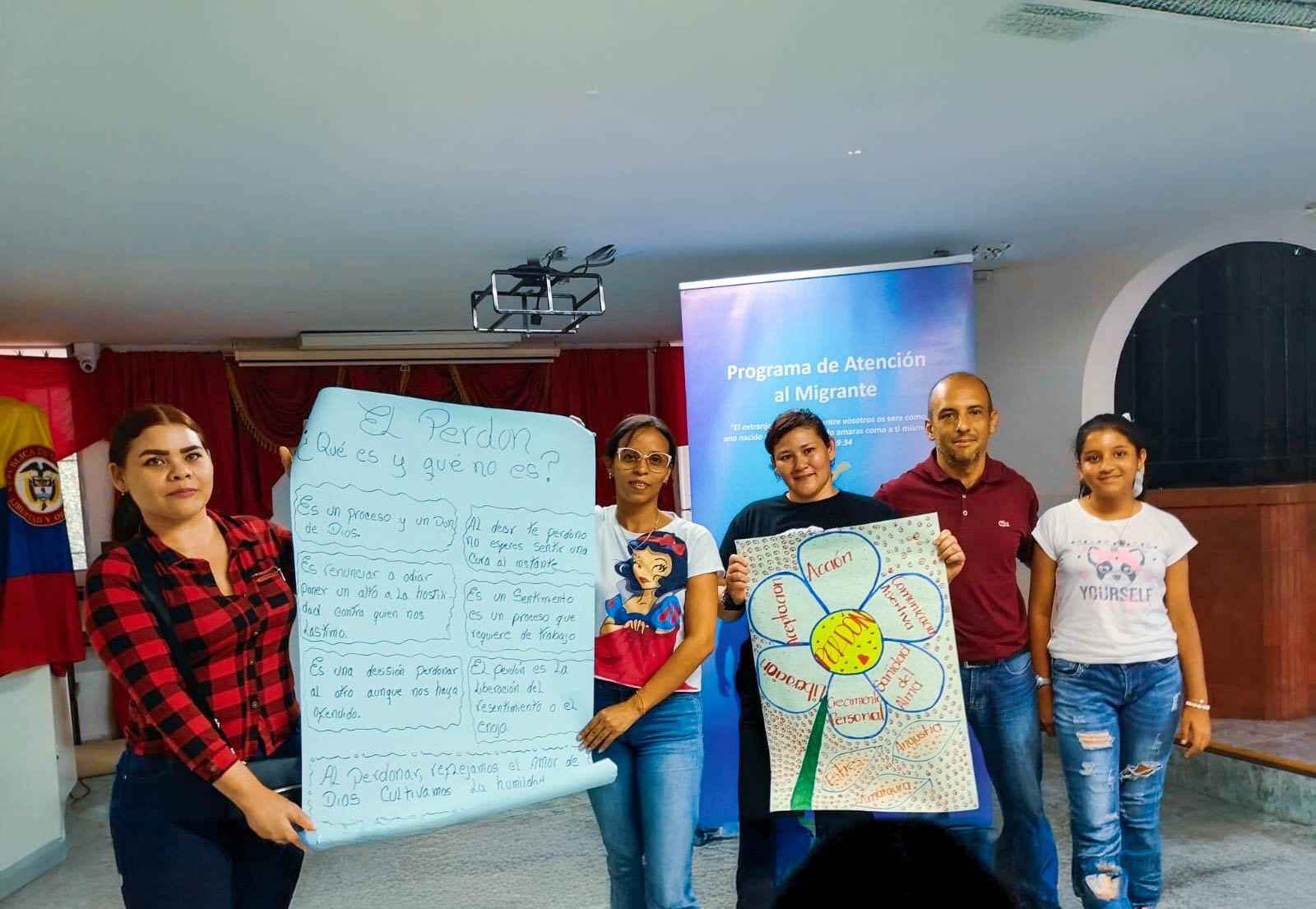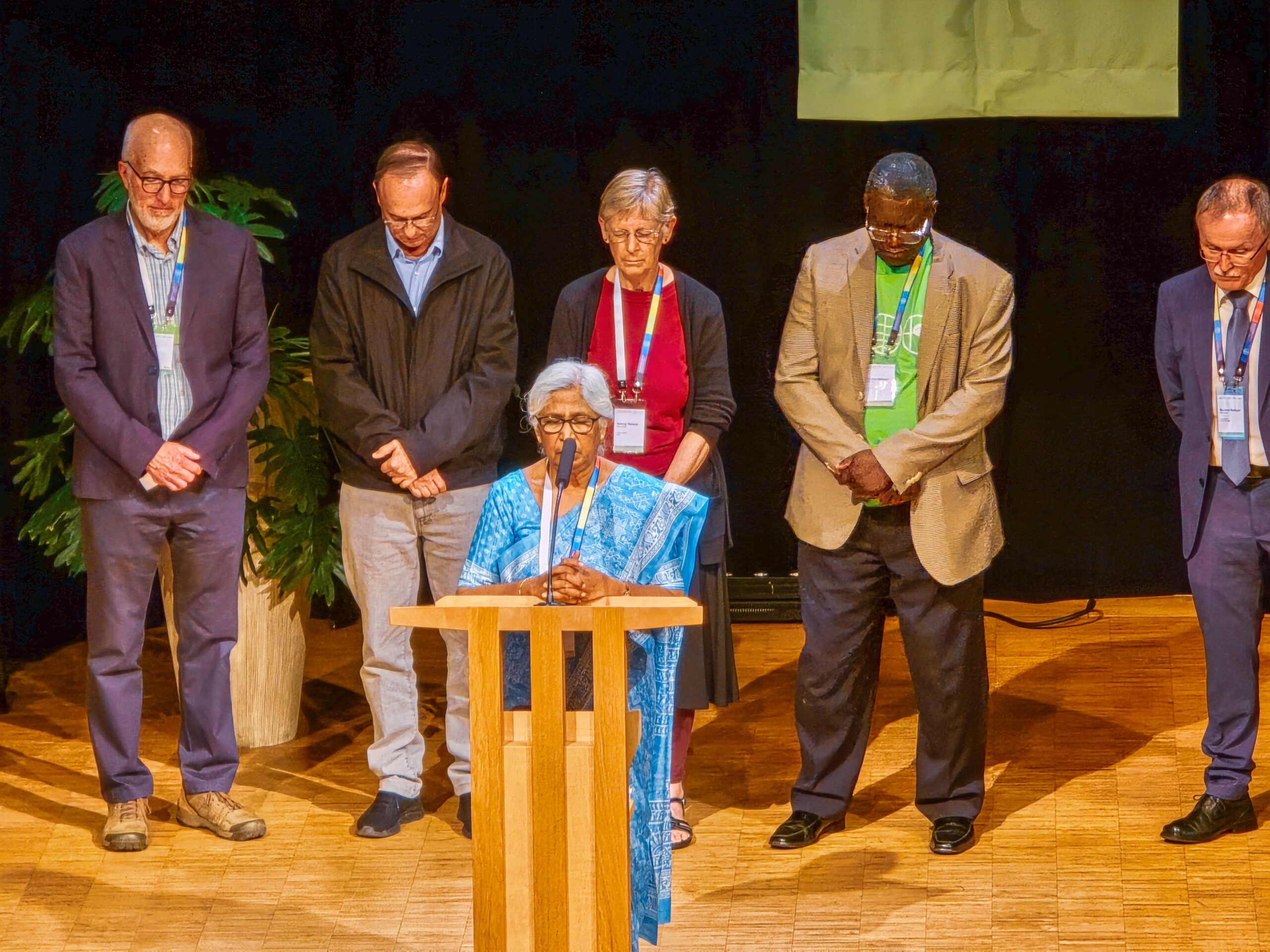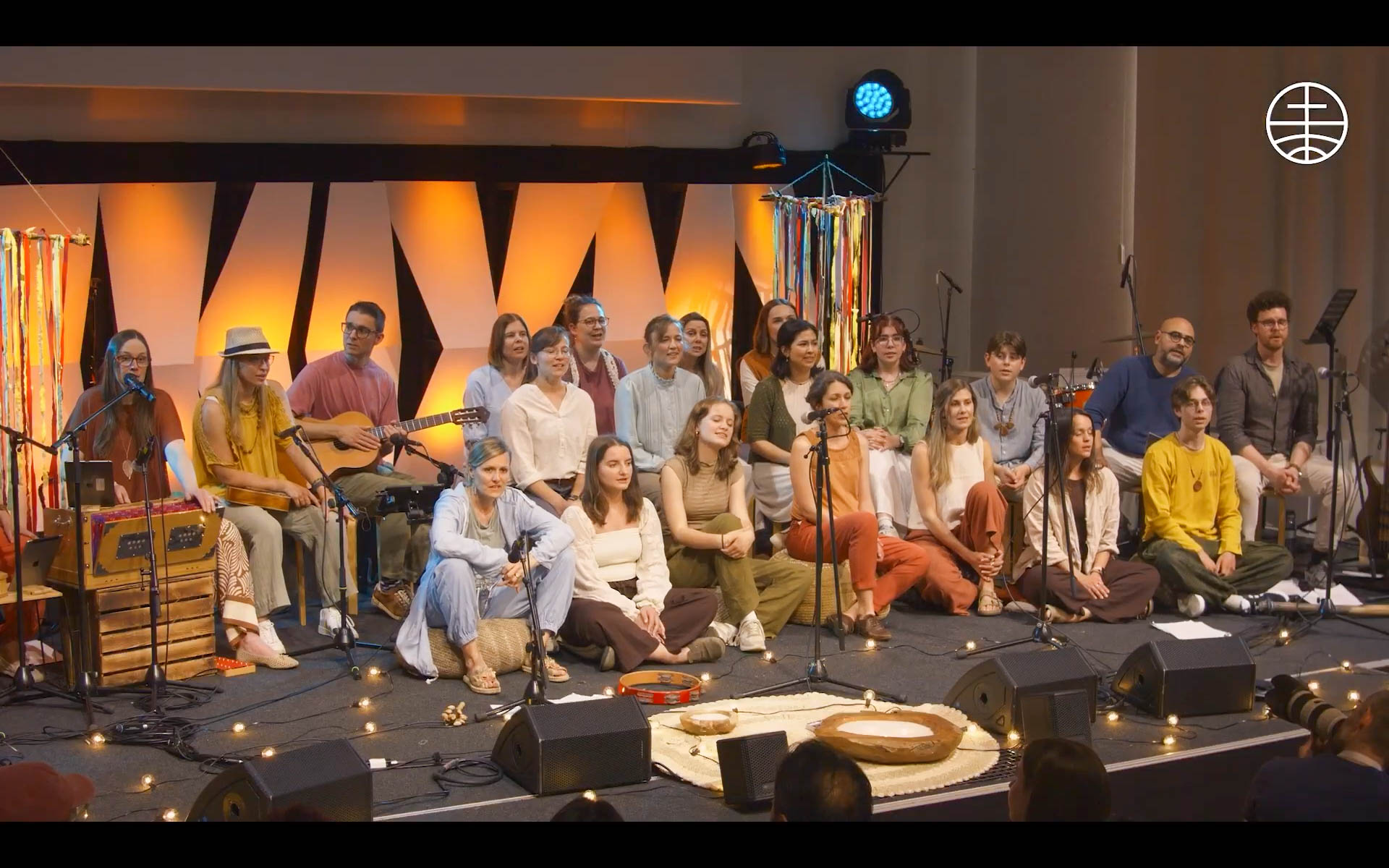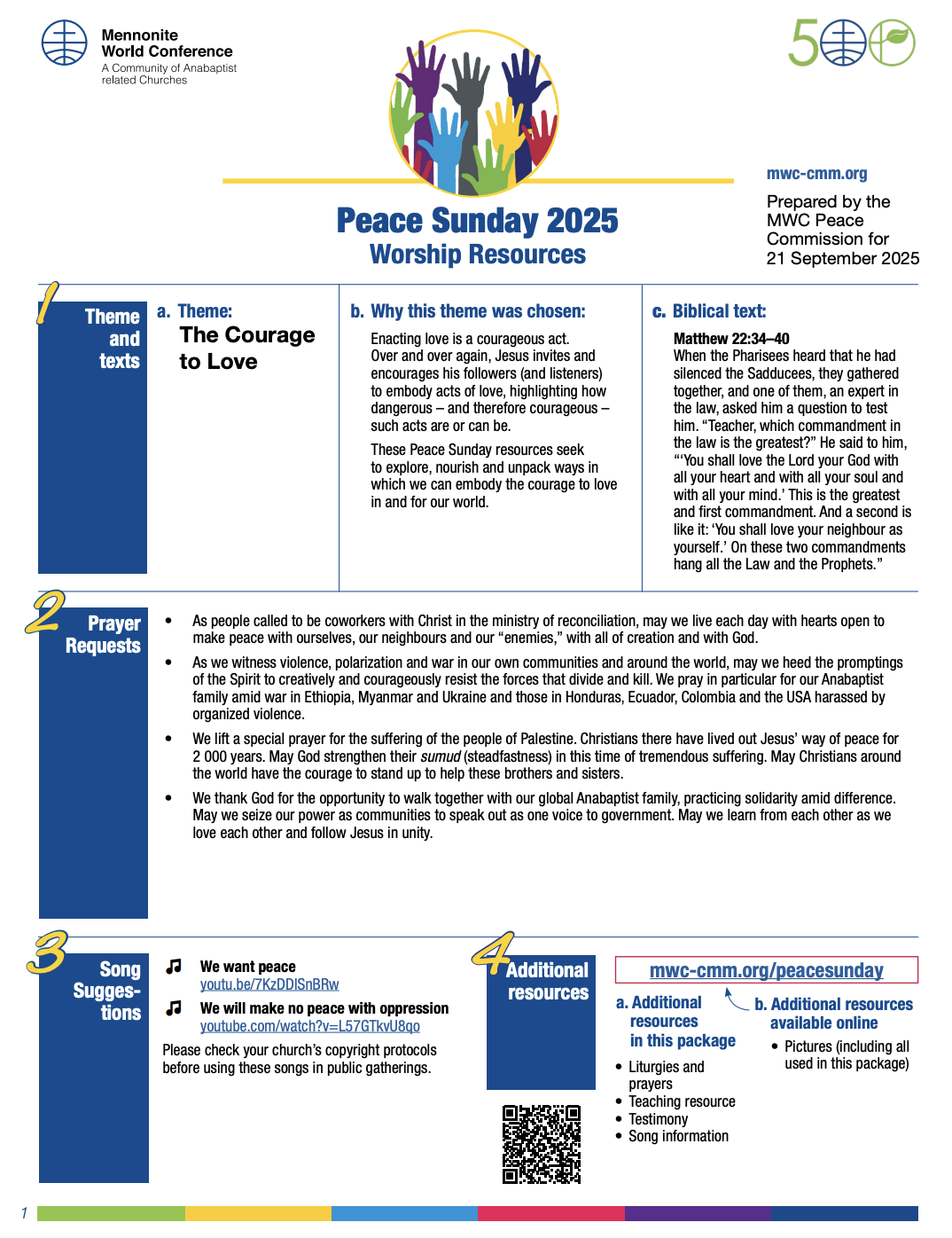-
Urgent prayer: bombing in Myanmar
“Hear my prayer, O Lord; let my cry come to you.Do not hide your face from me in the day of my distress.Incline your ear to me; answer me speedily in the day when I call.” Psalm 102:1–2 Beloved sisters and brothers On 10 February 2026, the military junta of Myanmar launched air strikes in the
-
A pastoral letter regarding Anabaptists in Venezuela
Beloved sisters and brothers Mennonite World Conference calls on all its members to join in prayer for our sisters and brothers in Venezuela. On 3 January 2026 at 2 a.m. local time, the USA bombed military bases in the capital city Caracas and in the states of Miranda, Aragua and La Guaira. The USA military
-
A tangible source of support and testimony
The tasks of Commissions are to prepare issues or materials for consideration by the General Council, give guidance and propose resources to MWC or member churches and facilitate MWC-related networks or fellowships working together on matters of common interest and focus.
-
Working hand-in-hand to serve God’s kingdom
“The Courage to Love” is still evident in our polarized world today. “Working for peace does not mean we are going to fold our hands, but we are going out there. Peace is action,” said Oscar Siwali (South Africa) of SADRA, a member of GAPN. The Global Anabaptist Peace Network (GAPN) hosted a webinar on 22 September 2025 in conjunction with Peace Sunday and the International
-
A pastoral letter of remembrance and mourning
7 October 2025 is the tragic anniversary of an outbreak of violence that has led to hundreds of thousands of lives lost in the lands called Israel and Palestine and also in the larger region.
-
What does it mean to be a Peace Church?
Peace Sunday 2025 – Testimony A story of the church in Myanmar What does it mean to be a Historic Peace Church – or, rather, a church dedicated to the ways of Christ’s peace? This is the question that the Mennonite church in Myanmar wrestles with as the ongoing conflict there continues to affect many
-
Redrawing our relationships of proximity
Peace Sunday 2025 – Teaching Resource Sermon on Matthew 22:34–40 “Vecino” or “vecina” (neighbour). This is one of the ways we refer to the different people around us in Bogota, Colombia, whether they live in our building, the house next door, or we meet them in a store or other shared and public places. We
-
Peace Sunday 2025 – Activities
Who is our neighbour? What is the gospel? Enact “Samarital Acts” (Luke 10:25-37) in the community OR Explore the meaning of “gospel” in the story and notice the different practical ways in which it is embodied in Luke 4. 1. Create multi-generational groups to explore the assignment together over four weeks. 2. Within the groups,
-
Peace Sunday 2025 – Prayers and Liturgies
Prayers and Liturgies A litany for the moment Responsive reading: one voice for the regular text, all voices for the bold text. All voices join on bold and italic text. God of surprising birth You are not the saviour we expect, Your power does not look like the power We want our God to demonstrate. We wait. We
-
Peace Sunday 2025 – Song Information
We want peace “We Want Peace” isn’t just a song title. It’s a call. A prayer. And a mission. We wrote this song because we don’t believe that violence can be the solution to our problems. “War is Contrary to the Will of God”, wrote the World Council of Churches in 1948 after the end
-
Peace Sunday 2025 – worship resource
Theme The Courage to Love Why this theme was chosen Enacting love is a courageous act.Over and over again, Jesus invites and encourages his followers (and listeners) to embody acts of love, highlighting how dangerous – and therefore courageous – such acts are or can be.These Peace Sunday resources seek to explore, nourish and unpack

